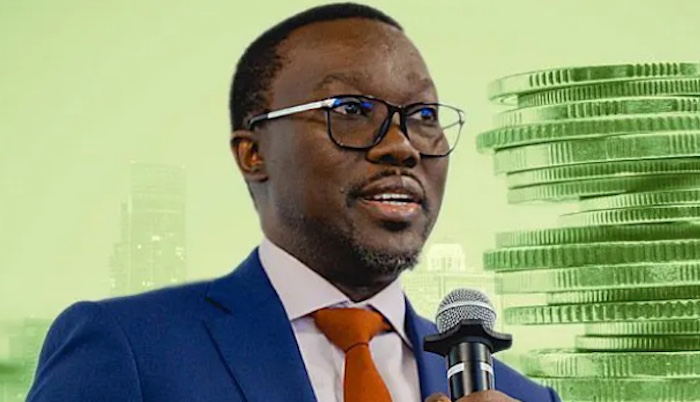The World Bank has approved three financing initiatives totaling $1.08 billion to support education, nutrition, and economic resilience in Nigeria.
The loans are aimed at improving education quality, strengthening community resilience, and boosting nutrition for underserved groups, according to a statement released by the bank.
The funding package includes $500 million in additional support for the Community Action for Resilience and Economic Stimulus Programme, $80 million for the Accelerating Nutrition Results in Nigeria (ANRIN 2.0), and $500 million for the Hope for Quality Basic Education for All (HOPE-EDU) initiative.
The NG-CARES Programme, originally designed to help mitigate the economic impact of COVID-19, will now focus on expanding access to livelihood support, food security services, and grants for vulnerable households. The programme has already benefited over 15 million people and has evolved into a versatile platform offering social transfers, labor-intensive public works, livelihood grants, and small business support. The new financing will enhance its impact, especially as Nigeria faces economic challenges stemming from the 2023 fuel subsidy removal and currency unification.
The ANRIN 2.0 program aims to improve nutrition services for pregnant women, lactating mothers, adolescent girls, and children under five. The initiative seeks to improve maternal and child health, nutrition services, and food security in targeted areas, aligning with Nigeria’s National Development Plan (2021-2025). It builds on the success of the previous program, which provided nutrition services to more than 13 million children under five from 2018 to 2024.
The HOPE-EDU initiative is designed to improve foundational literacy and numeracy, increase access to basic education, and strengthen education systems across participating states. The project is expected to benefit 29 million public primary school students, 500,000 teachers, and more than 65,000 schools. It will also address issues like overcrowded classrooms and the decentralized distribution of education funds. Additionally, the program will receive $52.18 million in funding from the Global Partnership for Education Fund.
Dr. Ndiamé Diop, the World Bank Country Director for Nigeria, emphasized the importance of investing in human capital to unlock Nigeria’s potential. He stated, “These new programs will accelerate improvements in education and help vulnerable communities. The HOPE-EDU initiative, in particular, will implement bold reforms and investments to provide the fast-growing young population with the skills needed for rapid and inclusive economic growth.”
Diop also highlighted that ANRIN will improve access to micronutrient-rich foods and nutrition services at primary healthcare levels, while the NG-CARES funding will help Nigeria shift from pandemic recovery to long-term resilience, particularly amid the country’s ongoing economic challenges.



